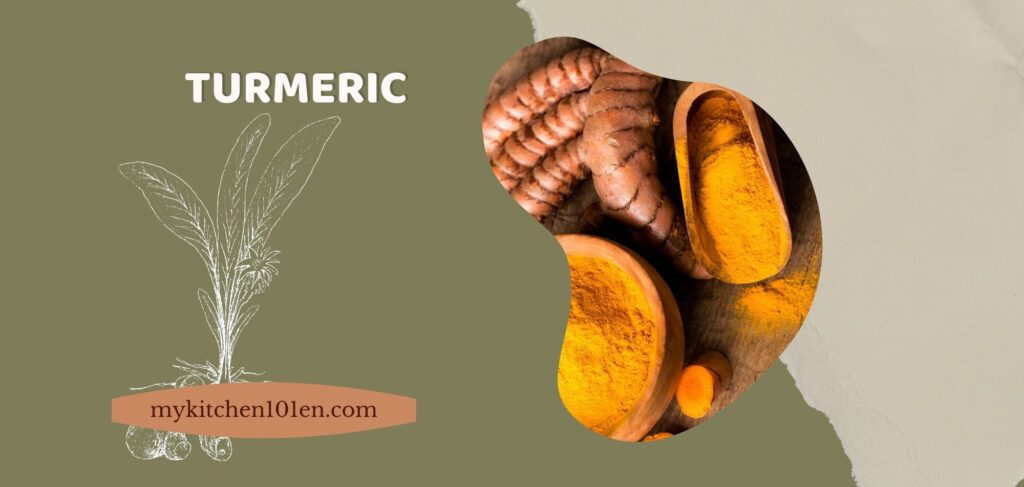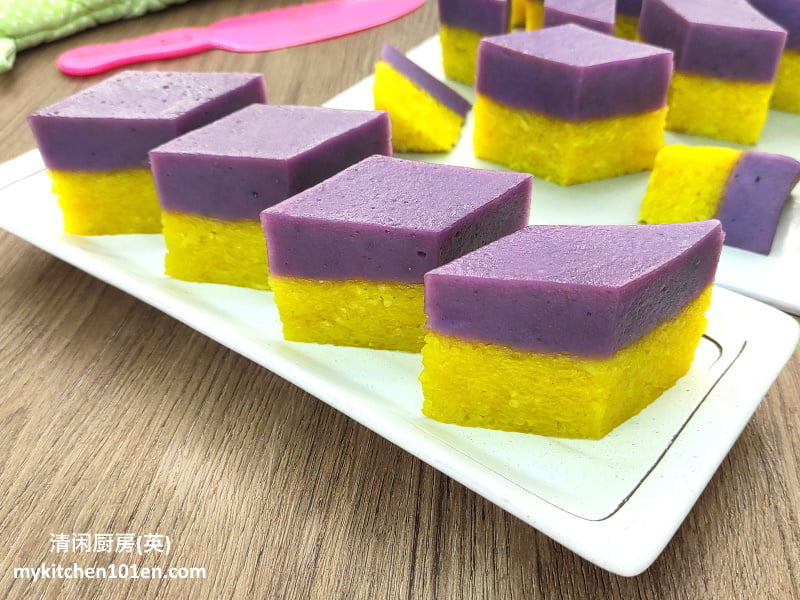Turmeric is a spice commonly used in curry dishes that has gained increasing attention for its potential health benefits. From reducing inflammation to improving brain function, turmeric may be a valuable addition to your diet. In this post, we’ll explore how turmeric can improve your well-being.
What is turmeric and how is it used?
For centuries, turmeric has been a staple in Ayurvedic and traditional Chinese medicine and also Asian cuisines, thanks to its diverse healing properties. In recent years, curcumin, the main active ingredient in turmeric, has garnered attention from researchers around the world for its potential health benefits.
In addition to its anti-inflammatory effects, curcumin may also have benefits for joint health. One study found that taking a curcumin supplement for eight weeks reduced joint pain and stiffness in people with osteoarthritis.
Turmeric can do wonders for our mental health too. Research has shown that curcumin present in turmeric can increase the levels of brain-derived neurotrophic factor (BDNF), which is vital for the growth and survival of brain cells. This can help in preventing cognitive disorders like depression. Moreover, curcumin can also improve our memory and cognitive function. An 18-month study found that individuals with mild cognitive impairment showed improvements in their memory and attention after taking a curcumin supplement.
Turmeric can also help improve our heart health due to its anti-inflammatory properties. One study found that taking a curcumin supplement for 8 weeks reduced inflammation in people with metabolic syndrome, and reduce the risk of heart disease.
Our digestive health would also be improved with some turmeric in our diet. Curcumin may also have benefits for reducing inflammation in the gut. Inflammation in the gut has been linked to various digestive disorders, including Crohn’s disease.
How do I use turmeric in cooking?
Turmeric is a versatile spice that can be easily incorporated into your diet. Here are some ideas:
- Use it in soups and stews: Turmeric adds a warm, earthy flavour to soups and stews. Try out our low-calorie yellow pepper soup recipe
- Use it in rice dishes: Turmeric often gives the rice a bright yellow colour and subtle flavour. Add it to your favourite rice dishes like biryani or fried rice. Our kuih seri muka with turmeric is one way you can do so. In this recipe, turmeric is added to glutinous rice to give a more vibrant colour to this traditional Southeast Asian dessert.
- Add it to salads: Toss vegetables like cauliflower, carrots, and sweet potatoes with turmeric and other spices before roasting them in the oven. If you’re curious about what a salad with turmeric would look like our Nyonya acar recipe would be great to check out.
- Use it in marinades and dressings: Turmeric can be used in marinades for chicken, fish, or tofu. Another simple way is just to add it to marinade like our simple no-fuss fried turmeric chicken wings.
How much turmeric should I take daily?
There is no standard recommended daily intake of turmeric, but studies have used doses ranging from 500 mg to 2 grams per day. Turmeric may interact with certain medications, including blood thinners, antiplatelet drugs, and drugs that reduce stomach acid. It’s important to talk to your doctor before taking turmeric if you are on any medication.
Incorporating turmeric into your diet is easy and delicious. From adding it to soups to using it in curries and marinades, there are many ways to reap the benefits of this potent spice. Additionally, turmeric supplements are widely available and can provide a convenient way to boost your daily intake of curcumin.
In short, turmeric is an excellent addition to a healthy diet and lifestyle. Its anti-inflammatory properties may help to improve your overall health and well-being, and it can add delicious flavour to a variety of dishes. So, why not give turmeric a try today and see how it can benefit you?








